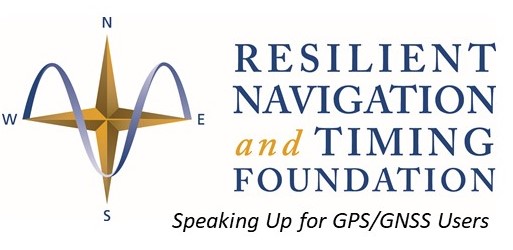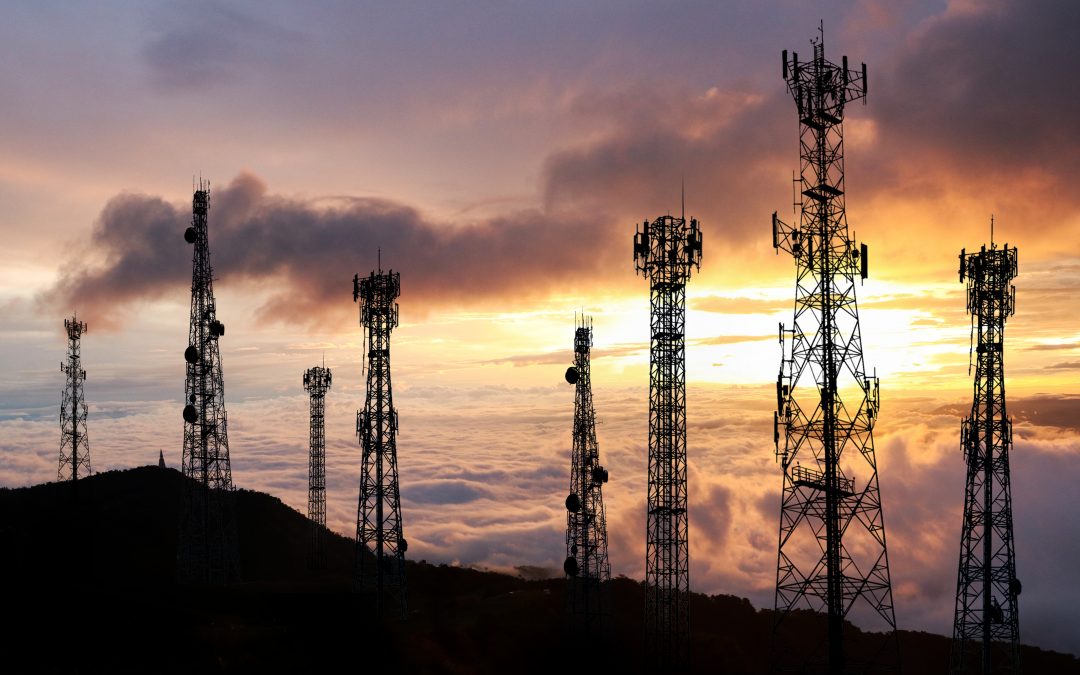Image: Shutterstock
What’s new: The RNT Foundation filed additional comments with the FCC opposing NextNav’s petition to be granted a huge chunk of spectrum. We had previously filed comments in September.
Why it’s important:
- NextNav made several statements to the FCC that we believe are untrue. These include that:
- It’s system alone can provide a nation-wide backup for GPS
- It’s system is the only one capable of providing a backup for GPS
- NextNav asked the FCC to grant it the spectrum as a way of subsidizing its implementation of its system.
- This would be anti-competitive because there are many other technologies and companies that also provide backups or partial backups.
- NextNav would be under no contractual obligation to perform.
- There are a number of indications that the solution(s) NextNav proposes are not as effective or practical as others being offered.
What else to know:
- RNT Foundation likes to urge for implementation of solutions while being as tech agnostic as possible. it is up to the government and other users to determine which tech and company is best for them
- At the same time RNT Foundation is a public benefit, scientific and educational charity providing advise to the public and its leaders. We have a fairly unique focus on and expertise in PNT policy and resilience. We have duty to speak out when it appears the government is being given bad information.
- NextNav was one of the founders of the Open PNT Alliance. The alliance urges a multi-system approach and that the government “not pick a winner. – With its petition to the FCC, NextNav seems to have abandoned those principles.

February 12, 2025
VIA ECFS
Marlene H. Dortch
Secretary
Federal Communications Commission
45 L Street NE
Washington, DC 20554
Re: Wireless Telecommunications Bureau and Office of Engineering and Technology Seek Comment on NextNav Petition for Rulemaking, WT Docket No. 24-240, RM-11989
Dear Ms. Dortch:
The Resilient Navigation and Timing Foundation (hereafter RNTF) is a public benefit 501(c)(3) scientific and educational charity. We advocate for policies and systems to protect, toughen, and augment America’s positioning, navigation, and timing (PNT), especially the Global Positioning System (GPS). Our organizational role is to also educate government, industry, and end-users on the increasing role of GPS and PNT in critical infrastructure and the implications for national, homeland, and economic security.
As a 501(c)(3), RNTF is prohibited from supporting our members’ commercial interests and makes every effort to provide the government and public with advice that is as impartial and objective as possible. Our RNTF individual and corporate members have broad expertise in space-based and terrestrial PNT (T-PNT). This experience gives us a unique and comprehensive perspective on PNT technology, as well as gives us insight on government/private sector coordination related to national PNT policy and systems.
The RNTF Board of Directors reflects the organization’s civil and military PNT experience. The chairman of the RNTF board of directors is a former Assistant Secretary of Transportation, the Honorable Greg Winfree. Our president, Dana Goward, is a retired senior Coast Guard officer, former member of the federal Senior Executive Service, and served as the maritime navigation authority for the United States. Another board member is General William Shelton, U.S. Air Force (ret.), and former Commander of U.S. Air Force Space Command. All three are also members of the President’s National Space-based Positioning, Navigation, and Timing Advisory Board (PNTAB). The PNTAB is the principle expert group that informs both defense and civil agency leads for GPS and other PNT issues. This extends to future generation PNT, international PNT, spectrum allocation, and coordination among our international counterparts. The PNTAB regularly provides recommendations to government and periodically formalizes them in reports.
The attached white paper supplements the comments we filed in WT Docket No. 24-240 on the 3rd of September 2024 in response to NextNav’s petition for rulemaking, which sought to reconfigure the Lower 900 MHz band (902-928 MHz) to support T-PNT as well as a high-power terrestrial service. This brief was developed by RNTF staff in consultation with some of our members experienced in both PNT and telecommunications to respond to NextNav’s PNT propositions.
While the country’s need to supplement GPS is real and pressing—NextNav’s FCC petition is less than candid and inappropriate.
It is less than candid in its discussion of the maturity and capability of its technology and the potential for NextNav’s agreements with telecommunications providers who already have the capability to develop and implement PNT capability without their help.
It is inappropriate as it demands large amounts of spectrum it openly admits are not required to develop and implement its technology.
Also inappropriate is NextNav’s request for the FCC to act in a way that is anti-competitive by granting them a multi-billion-dollar windfall without considering the number of alternative technologies and offerors in the T‑PNT space. Over twenty other companies offer terrestrial technologies that provide backup and alternative sources of timing and/or positioning and navigation. To our knowledge, none require or are requesting additional spectrum to subsidize their efforts.
Our paper:
- Explains the false assertion that one system could adequately complement and backup GPS across all use cases and environments, given our nation’s diverse maritime, aviation, terrestrial, and cyber PNT demands.
- Addresses the patently false assertions by NextNav that its system is the only T-PNT “solution” capable of providing comprehensive GPS backup.
- Demonstrates that the national interest is best served by implementing T-PNT systems without modifying spectrum allocations. Leading T-PNT systems available today do not require such modification, reallocation, or place burdens on incumbent operations by vacating those to support NextNav’s spectrum windfall proposal absent justification.
- Explains why granting NextNav’s subsidy request is harmful to GPS resilience, public policy, and outside the scope of FCC authority since PNT is primarily the responsibility of the executive branch.
- Explains how a grant of a windfall spectrum license—which if auctioned would be worth billions of dollars—opens the FCC to charges that it is anti-competitive as well as charges that it is using its authority to dispense spectrum inconsistent with the public interest, especially given the unproven claims at issue here. NextNav provides the FCC no credible evidence showing that it has or could deploy backup GPS. Its claims are unproven unlike the NIST-test solutions that are already currently in operation such as BPS and eLoran.
In short, approving NextNav’s application will unjustifiably enrich its shareholders while doing nothing to make our nation safer.
Please contact me if you have any questions.
Sincerely,
Dana A. Goward
President, RNT Foundation
Attached: Granting the NextNav FCC Proposal Will Not Solve the Country’s GPS Challenge
READ COVER LETTER AND REPORT HERE


